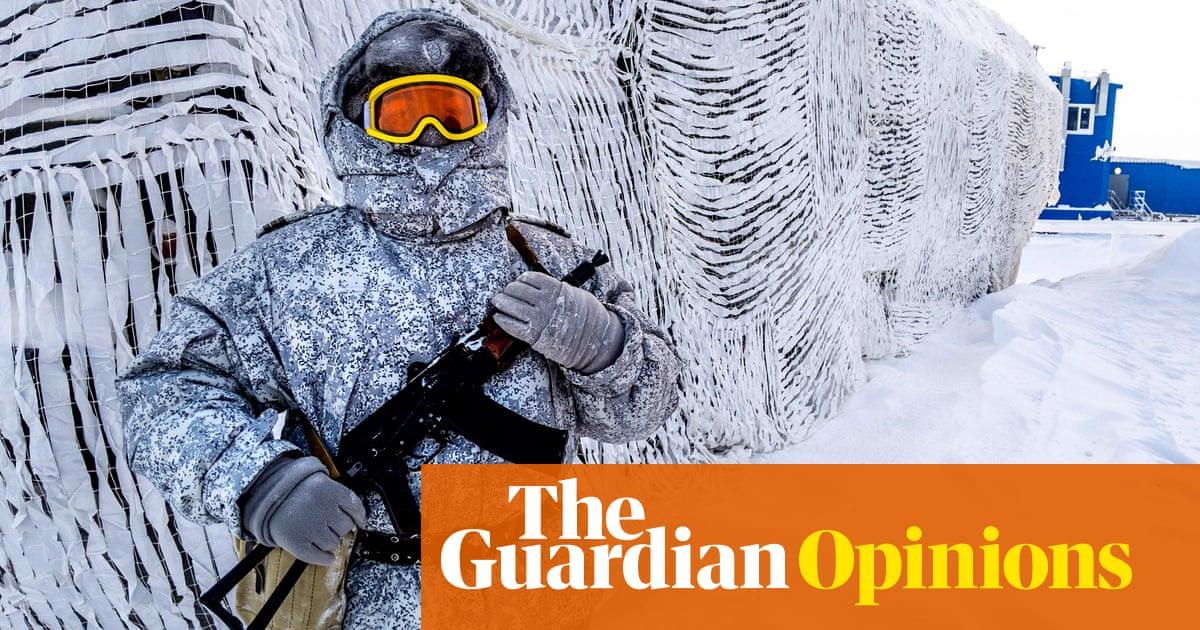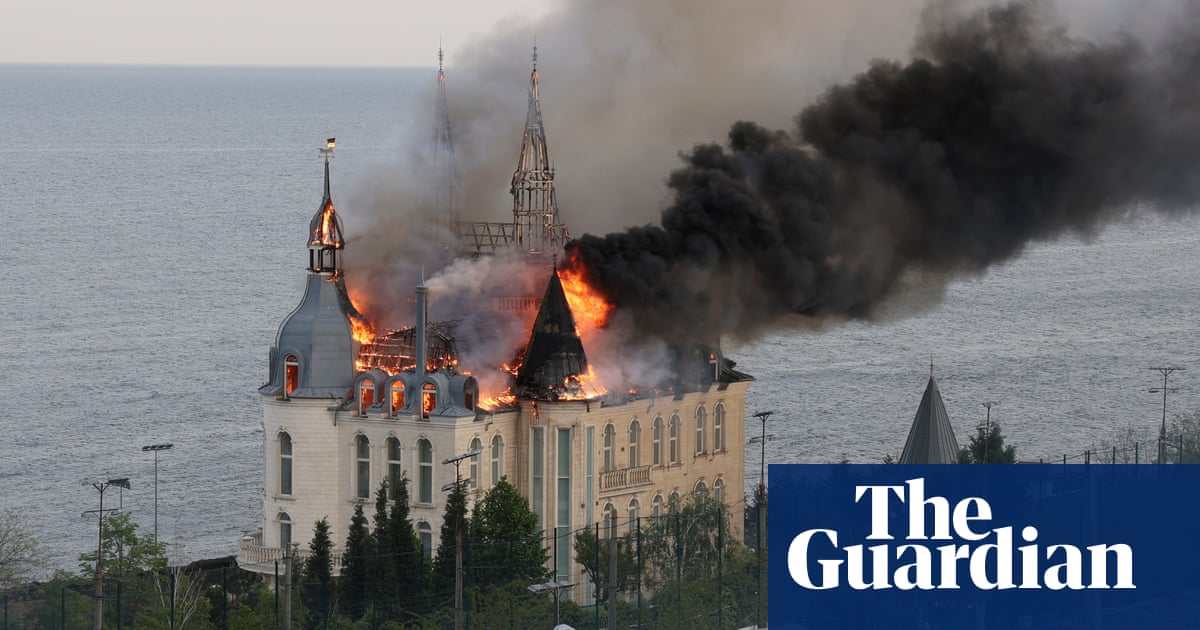
Circumpolar politics over Arctic resources are beginning to take shape. Countries circling the shrinking Arctic ice mass are seeing potential strategic and economic opportunities, while security factors are also in play. Russia covers a large stretch of this pole, using part of the Arctic for the testing of ballistic missile systems. The logistics network developing in the far north of Russia is going to be highly securitized.
Over the past year, Moscow has shown its missile prowess by using the Arctic as a firing range. On Saturday, a Russian nuclear submarine successfully test-fired four intercontinental ballistic missiles in a show of Russia’s military readiness amid tensions with the US during the presidential transition.
The Russian Defense Ministry said the Vladimir Monomakh submarine of the Pacific Fleet launched four Bulava missiles in quick succession from an underwater position in the Sea of Okhotsk. Their dummy warheads hit their designated targets on the Chiza shooting range in the Arkhangelsk region in northwestern Russia, more than 5,500 km away.
Last month, Russia also successfully test-fired a Tsirkon hypersonic cruise missile in the Arctic. The Defense Ministry said the frigate Admiral Gorshkov fired a Tsirkon hypersonic cruise missile from the White Sea, hitting a naval target 450 km away in the Barents Sea at a speed of over Mach 8. In early January, the same frigate test-fired a Tsirkon missile for the first time, striking a ground target more than 500 km away.
Clearly, Russia’s use of the Arctic for shooting missiles in such a manner raises issues regarding the region’s security and shipping. Testing and other security exercises throughout the Arctic region mean that the logistical network growing along this circumpolar area is increasingly becoming a center of focus.
To be sure, logistics and climate change are sailing hand in hand in the Arctic right now. The logistical openings in the circumpolar north are due to climate change. Experts predict that a significant part of the Arctic Ocean will soon melt, which will facilitate the extraction of natural resources from the sea bottom and reduce global transportation costs. The Arctic route is emerging as a key choke point, similar to the Suez Canal. Geopolitically, the Arctic’s future will even impact Gulf interests.
Russia’s use of the Arctic for shooting missiles in such a manner raises issues regarding the region’s security and shipping.
Dr. Theodore Karasik
From a security and economic perspective, nations across the world are hurrying to stake claims to the resources in the Arctic, which might be home to 16 percent of the world’s undiscovered oil and 35 percent of its untapped natural gas. There are also emerging fisheries and hidden minerals. Cargo traffic on the Northern Sea Route, one of two shortcuts across the top of the Earth in summer, is on the rise.
Given its investment to the tune of tens of billions of dollars in its northern infrastructure, Russia is the dominant actor in the Arctic region. It wants the Northern Sea Route to be under its watch and guidance. That aspect presents a challenge to the next US administration, as well as Europe and Canada.
Russia sees that year-round navigation of the Arctic presents opportunities for maritime commerce, but also for struggles over those routes. This gives Russia, the country with the longest maritime Arctic border, an advantage in providing shipping and collecting passage and customs fees as the Arctic becomes suitable for navigation, including thanks to an icebreaker fleet. Russia is growing its security presence in the far north in key cities around the White Sea and further along its border to support its power projection capabilities across the Arctic, including over the maritime sea lanes.
However, China should not be left out of the equation of either the use of the Arctic route for shipping or contributing to the security environment that may challenge Russia. When Russia fires missiles, they are also a message to China, as Beijing wants to be part of any Arctic opening. The Chinese theorize about how the Arctic belongs to all the people around the world, as no nation has sovereignty over it.
Research shows that about 88 to 95 percent of resources in the Arctic fall within one of the five Arctic Ocean coastal states’ Exclusive Economic Zones (EEZs), and China is unlikely to challenge the provision within the UN Convention on the Law of the Sea that creates these EEZs. This fact, coupled with Chinese companies’ lack of Arctic expertise, suggests that China will partner with the Arctic nations in resource extraction, rather than act alone. But Beijing can learn fast and, given the country’s maritime ambitions, there is reason to believe it will have greater access in the future.
All of the above activity, coupled with climate change, presents geopolitical and geoeconomic challenges. This theater is not new, but it is going to get hotter.
Dr. Theodore Karasik is a senior adviser to Gulf State Analytics in Washington, D.C. He is a former RAND Corporation senior political scientist who lived in the UAE for 10 years, focusing on security issues. Twitter: @tkarasik
Disclaimer: Views expressed by writers in this section are their own and do not necessarily reflect Arab News" point-of-view












